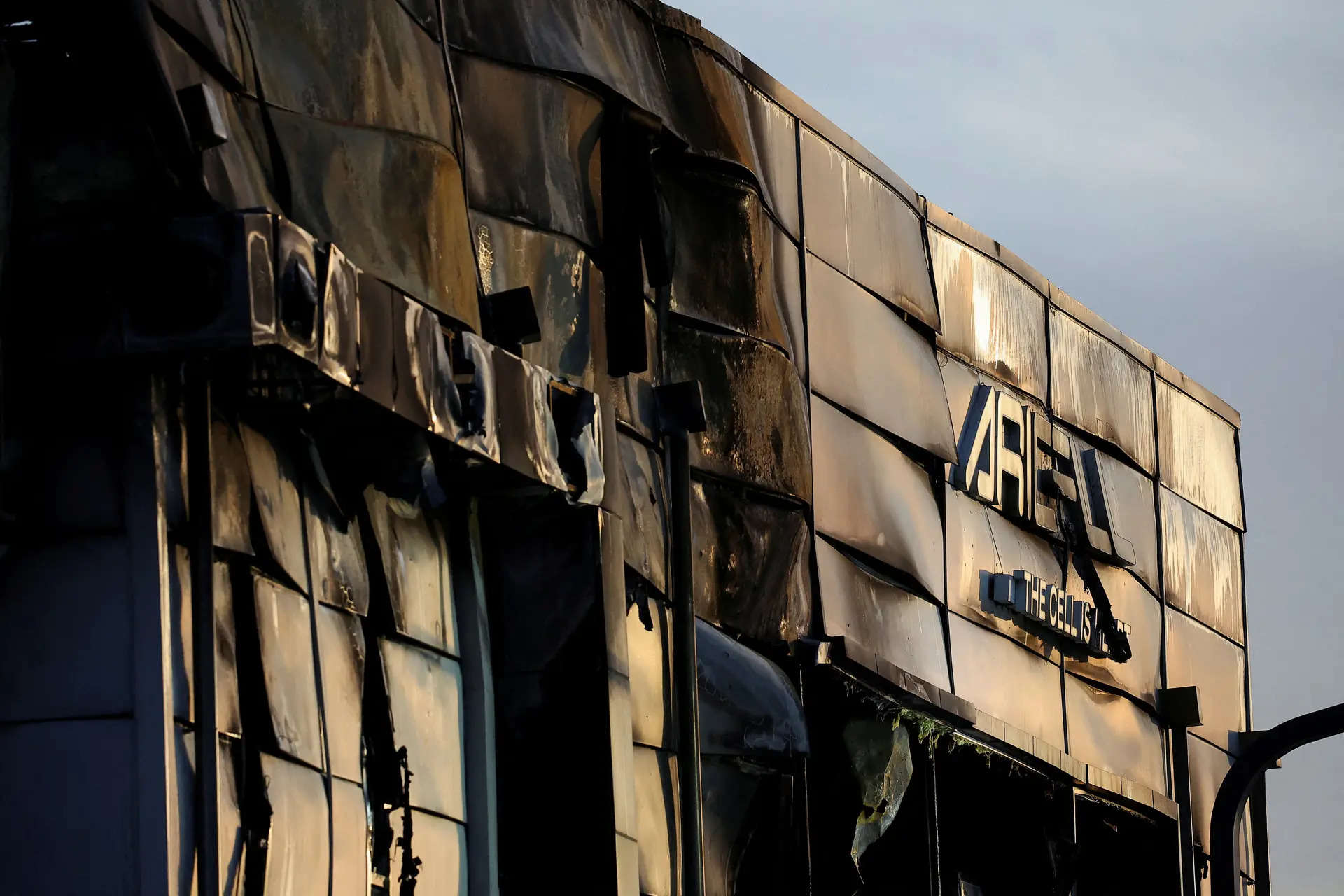
The fire at a lithium battery plant in South Korea that killed 23 workers in June broke out after the factory’s operator rushed production, ignored signs of danger and provided no safety training to employees, investigators said Friday.
The fire in Hwaseong, south of Seoul, was one of the country’s worst industrial disasters in recent years and claimed the lives of mostly migrant workers. Nine people were injured. The company, Aricell, was rushing to fulfil a contract with South Korea’s military at the time of the fire, a police official said at a news conference on Friday.
Police said they had opened investigations into 18 people on charges including involuntary manslaughter, and filed for arrest warrants for two officials at Aricell. The Ministry of Employment and Labor said it had applied for arrest warrants for three executives, one of whom the police are also seeking an arrest warrant for, at Aricell and a related company for labor violations.
A person who picked up the phone at the Aricell factory in Hwaseong on Friday afternoon declined to comment. In the immediate aftermath of the fire, the company’s head, Park Sun-gwan, apologized for the disaster but said the factory had adequate safety measures and training.
The plant massively scaled up production after a batch of its batteries failed a quality test for the military in April, two months before the fire, according to the police. The company had to remanufacture the allotment for April in addition to filling an order that was due in June, the police official, Kim Jong-min, said at the news conference.
To meet the new production schedule, plant operators assigned untrained temporary hires en masse to the production lines for lithium batteries, which are known to be a fire risk, police said. The company ignored problems that sprang up from the rapid production, including defective batteries, according to the police.
Investigators said there was a window of about 37 seconds after the initial flames broke out when the workers could have fled. But because the temporary workers were not trained on fire safety or escape routes, many were clustered around a wall opposite the exit when the explosive, toxic fire overtook the building, according to police.
“In those 37 seconds, if someone had just directed them to escape, many of the victims could have been saved,” Kim said.
Aricell had been supplying South Korea’s military since at least 2021, providing about $3.5 million worth of lithium batteries, officials said.
The workers’ deaths highlighted the conditions for migrant workers in South Korea, who have been arriving in greater numbers to take many of the difficult and dangerous jobs that locals avoid. Among those killed were 12 women and five men from China, ranging in age from 23 to 48, many of whom were ethnically Korean.
Labor investigators found that the plant also had overdue wages for 321 workers and that there were 65 other violations in its facilities, officials said on Friday.

